Coronavirus has brought hardship and suffering to countless Americans. But for some parents, the worst part of this whole crisis is having to spend time with their own children.
At least that’s what you would think after reading a New York Post article titled “Can parents survive months of hell as the coronavirus cancels summer camps?” Apparently, many parents are devastated their kids’ camps have been cancelled because they “pay thousands of dollars for these annual weeks of kid-free bliss.”
Deborah Davis Hurwitz, mother of an 11-year-old son, told the New York Post, “I almost cried. It’s a bad blow… It’s going to be bedlam, especially for us parents in the city. He took it better than me — because I’m going to be stuck with him.”
A Medium article titled “The parents are not all right” covers similar ground. Chloe Cooney, writes, “My family’s standards at this point are simply to get through the day, ideally with my son doing something besides watching TV, and us not utterly sabotaging our work.”
Some parents are desperate for someone – anyone! – to take their kids off their hands.
“There’s a subtle expectation that parents must find creative ways to handle this on their own,” writes Cooney. I know what she means as I am quarantined with my two small children and baby. But in my experience, that “expectation” isn’t particularly subtle. Furthermore, it doesn’t seem that strange that parents should figure out how to handle their kids on their own. They are the parents.
I would never suggest the quarantine isn’t challenging for families. Of course, it is. We live in an apartment, and the park we used to visit every afternoon has closed. My kids cry about missing their friends and their grandparents. But when I read articles like these, I feel like telling my fellow parents: “Come on. It’s not that bad!”
Cooney writes, “Viruses, or in this case, global pandemics, expose and exacerbate the existing dynamics of a society — good and bad.” I agree with that statement, but she seems to believe Coronavirus proves we need more government childcare programs.
I draw a different conclusion.
The pandemic has exposed the phenomenon of parents who are completely disconnected from their children’s lives. Many children spend all day in school or day care followed by extracurricular activities. Their remaining waking hours are often passed in front of screens. At the same time, their parents spend 40+ hours a week working.
When families do spend longer stretches of time together, it is often on some sort of elaborate outing. The family travel market in America – presumably for those special vacations – is worth $150 billion – or was worth that much before the Coronavirus.
While there’s nothing wrong with a vacation, it is not the best avenue for forging strong family bonds. Parents and children connect with each other on the deepest level during the quiet moments of daily life.
“In parenting, too, it is often in the intervals – the spaces between activities – that relationships are built. … Unfortunately, some kids have very few pauses in their daily lives, going from one activity to the next without a chance to process their thoughts or feelings. Or a child’s parents might be so busy and overscheduled that they present a moving target, unavailable for these unplanned moments of connection,” writes Kim John Payne in his book Simplicity Parenting: Using the Extraordinary Power of Less to Raise Calmer, Happier, and More Secure Kids.
The despair some parents feel about cancelled summer camps is understandable. Up to now, the time they spent with their kids usually consisted of fun outings or rushing around from one activity to another. They aren’t used to spending long, quiet periods of time together as a family. But that’s what the Coronavirus has imposed on us all.
Parents who feel overwhelmed should stop and reflect how things got to be this bad. Why do they find it unbearable to be home with their kids? When this is over, their families should not return to their frenetic pace.
Yes, quarantine with kids is hard, but it should not be impossible.
—
[Image Credit: Pixabay]
Image Credit: [Image Credit: Pixabay]


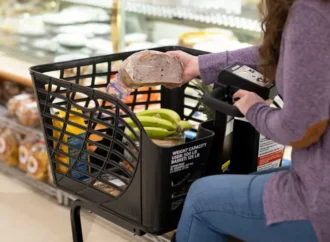
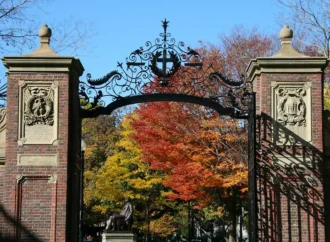
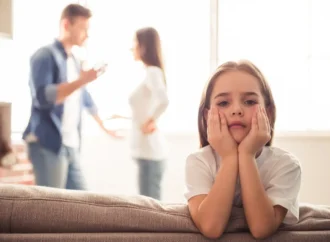
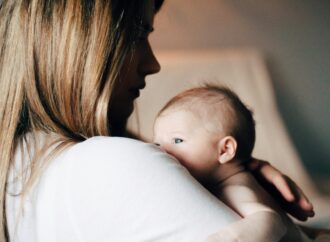


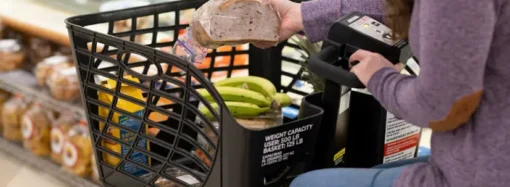
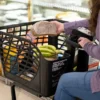






Leave a Comment
Your email address will not be published. Required fields are marked with *